AQA A-Level History: Unit 2S - The Making of Modern Britain (1951-1979)
1/46
Earn XP
Description and Tags
Covers key events and topics from 1951 to 1979 relevant to the unit.
Name | Mastery | Learn | Test | Matching | Spaced |
|---|
No study sessions yet.
47 Terms
Who was the British Prime Minister from 1951 to 1955?
Winston Churchill (Conservative)
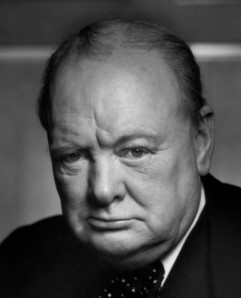
What was the ‘post-war consensus’ in British politics?
Agreement between Labour and Conservative parties on mixed economy, welfare state, and Keynesian economics.
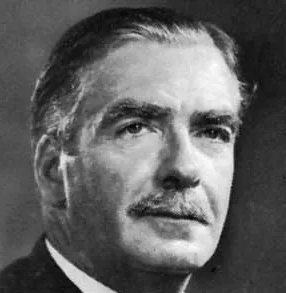
What year did Anthony Eden become Prime Minister?
1955
What crisis in 1956 severely damaged Anthony Eden’s reputation?
The Suez Crisis
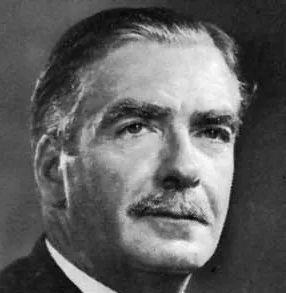
Who succeeded Anthony Eden as Prime Minister?
Harold Macmillan (1957)
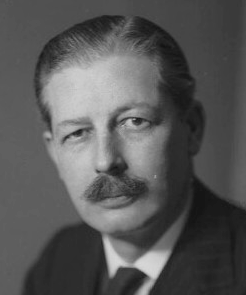
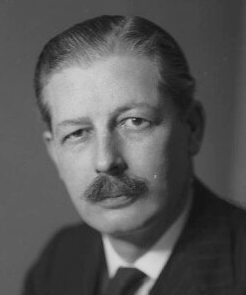
What was Harold Macmillan’s famous 1957 economic remark?
“You’ve never had it so good.”
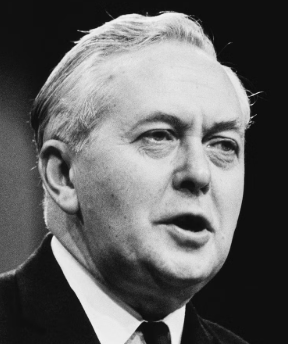
What year did Harold Wilson become Labour Prime Minister for the first time?
1964
What major economic policy did Wilson introduce in the 1960s?
Devaluation of the pound (1967)
Who became Prime Minister in 1970, representing the Conservative party?
Edward Heath
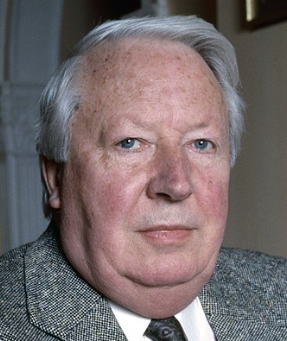
What was the key aim of Edward Heath’s government in 1971?
To take Britain into the European Economic Community (EEC)?
When did Britain officially join the EEC?
1973
What led to the downfall of Edward Heath’s government in 1974?
The miners’ strikes and the economic crisis
Which Labour Prime Minister succeeded Edward Heath in 1974?
Harold Wilson (Second Term)
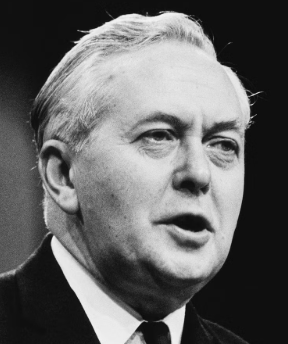
What event in 1978-79 led to widespread strikes and public discontent?
The Winter of Discontent
Who became Prime Minister in 1979?
Margaret Thatcher
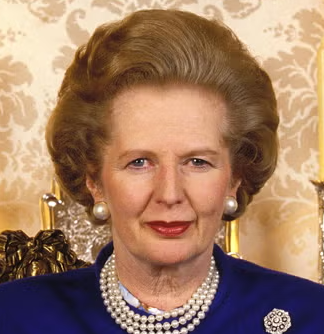
What was the term used to describe Britain’s economic challenges in the 1970s?
Stagflation
What economic policy was associated with Heath’s ‘U-turn’ in the 1970s?
Reintroduction of state intervention
What crisis in 1973 exacerbated Britain’s economic difficulties?
The Oil Crisis
What international agreement aimed to stabilise oil prices after the crisis?
OPEC (Organisation of the Petroleum Exporting Countries)
What was the exchange rate policy under Harold Wilson’s government in 1967?
Devaluation of the pound from $2.80 to $2.40
What act was introduced in 1957 to legalise homosexual acts in private for men over 21?
The Wolfenden Report (1957) recommended it, but legalisation came later with the Sexual Offences Act (1967)
What year was the NHS established, and why was it significant in the 1950s?
Established in 1948, it symbolised the post-war welfare state that was celebrated during this period.
What significant change to divorce laws occurred in the 1960s?
The Divorce Reform Act (1969) allowed for divorce on the grounds of ‘irretrievable breakdown’.
What act was passed in 1970 to promote gender equality in pay?
The Equal Pay Act (1970)
What act was introduced in 1968 to combat racial discrimination?
The Race Relations Act (1968)
What phrase symbolised the youth counterculture movement in the 1960s?
The “Swinging Sixties”
What social class saw significant decline due to changes in industry and education?
The traditional working class
What music genre and band symbolised the ‘British Invasion‘ in the 1960s?
Rock and Roll
The Beatles
What was the importance of BBC’s establishment of Radio 1 in 1967?
To cater to the younger generation and popular music fans.
What British city was the epicentre of the music revolution in the 1960s?
Liverpool
What was the name of the fashion designer who popularised the mini-skirt?
Mary Quant
What was the main purpose of the North Atlantic Treaty Organisation (NATO)?
To provide collective defence against Soviet aggression
What year did Britain test its first hydrogen bomb?
1957
Why did Britain not join the European Coal and Steel Community in 1951?
Preference for the Commonwealth and scepticism about European integration.
What conflict in 1982 was foreshadowed by Britain’s reduced military spending in the 1970s?
The Falklands War (1982)
What was the name of the scandal involving Christine Keeler in the early 1960s?
The Profumo Affair
What was the significance of the Beeching Report in 1963?
It recommended significant cuts to Britain’s railway system.
What was the aim of the Robbins Report (1963)?
Expansion of higher education (i.e. universities)
What major housing initiative was pursued in the 1950s?
Construction of council housing
Who led the campaign for CND (Campaign for Nuclear Disarmament)?
Bertrand Russell and others.
What event in 1966 led to criticism of British coal mining safety?
The Aberfan Disaster
What was Enoch Powell’s controversial 1968 speech called?
The “Rivers of Blood” speech.
What year did Britain abolish capital punishment for murder?
1965
What was significant about the 1975 referendum?
Voters decided to stay in the EEC.
What technological development changed British homes in the 1970s?
Widespread ownership of colour televisions.
What law in 1968 limited immigration from the Commonwealth?
The Commonwealth Immigrants Act (1968)
What was the purpose of the Industrial Relations Act 1971?
To curb trade union power.